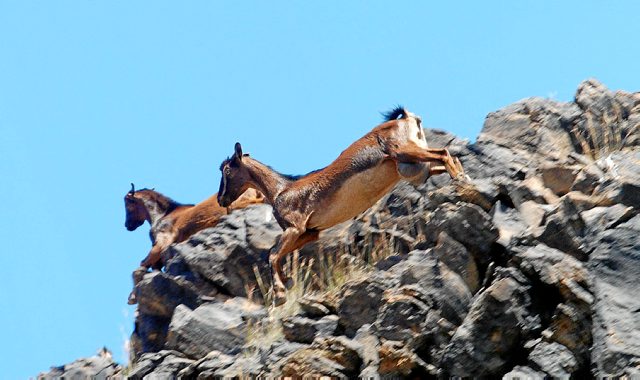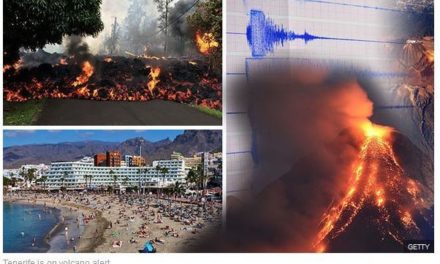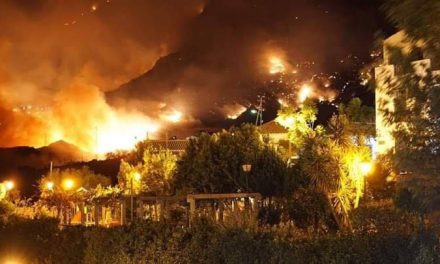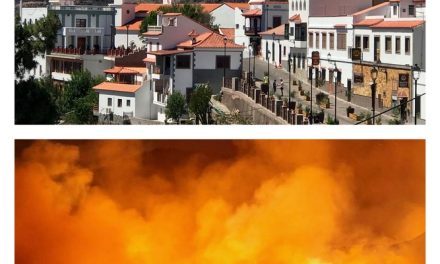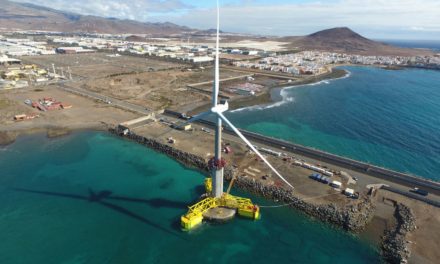Roundup maneuvers in West Gran Canaria’s Güigüí natural reserve, to remove feral livestock, have resulted in the removal of 43 goats over the last month, a figure that, added to the rest of the actions throughout the year, show a total of 95 wild goats removed from this protected natural space since September 2017, to add to more than one hundred feral goats of which the cabildo it is aware, but were not listed in the official count.
In March of this year the shepherds and pastors of Gran Canaria signed an agreement with the Cabildo that included a commitment to prevent their animals from being assimilated into the feral population, and confirming their willingness to participate in “apañadas”, controlled culls and collections of wild goats with the potential to cause damage in the natural environment.
The main origin for increased feral livestock on Gran Canaria has been identified as continued abandonment of herding activities and other traditional pastoral activities of the field, and so Cabildo support for traditional grazing and the commitment of the pastors themselves “is essential to solve this serious environmental challenge that endangers the native flora of Gran Canaria and even the reforestation of the island,” said Gran Canaria’s Minister of the Environment, Miguel Ángel Rodríguez.
Good results in controlling these populations is dependant, among other factors, on the knowledge acquired over recent months by handlers, shepherds, citizens of La Aldea and members of the ‘Salto del Pastor’ association, as well as the Cabildo’s own technicians, who have improved techniques used and knowledge of the terrain exponentially.
Based on the fact that large organised culls/harvests did not achieve the desired result, this multidisciplinary team has improved the methods used by means of a continuum of smaller collection activites, known as “thinnings”, which have allowed many feral animals to be removed in just a short time.
It is worth noting the implementation of new strategies is the result of research work developed by the Cabildo, such as the removal of animals by boat from the beach at Güigüí, a practice which greatly facilitates the extraction procedure and improves animal welfare for the captured specimens.
Looking ahead to the next few months, the Cabildo plan to continue with the promotion of the roundups and collections, while at the same time they will continue adding various methods to definitively deal with the problem of abandoned livestock in Güigüí, including the use of drones, thermal cameras in the fences, collecting data on sightings and producing a censuses, as well as the installation of traps and baits, among other measures.

